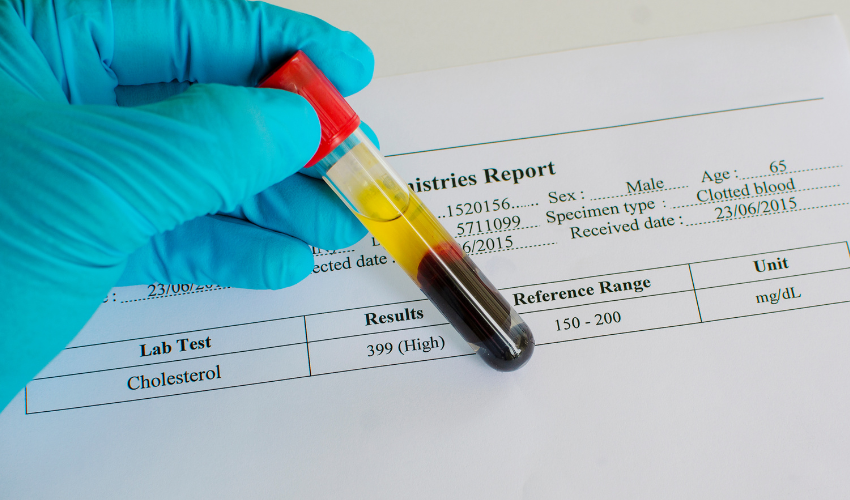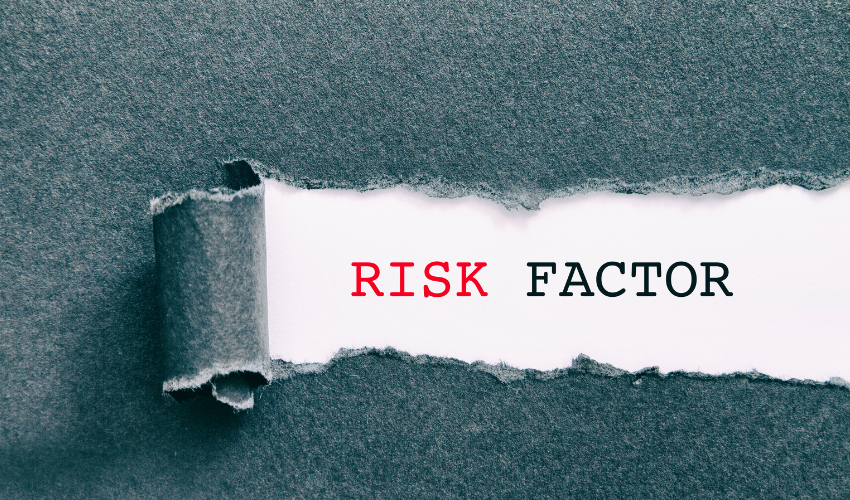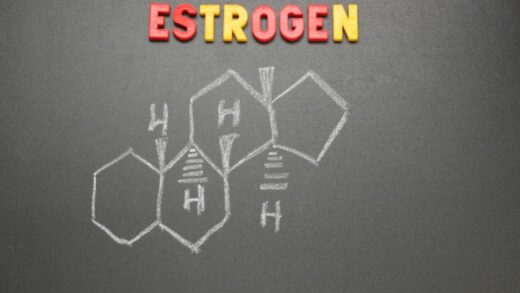Cholesterol is a type of fat that plays a crucial role in our body’s normal functioning. However, too much cholesterol in our bloodstream can have serious health implications. High cholesterol levels can lead to an increased risk of heart disease, stroke, and other cardiovascular issues.
It’s essential to recognize the signs and symptoms of high cholesterol levels to prevent potentially life-threatening complications. In this article, we will discuss the warning signs of high cholesterol levels, risk factors, prevention, and treatment options.
High Cholesterol Symptoms

Chest pain or discomfort
Chest pain or discomfort, especially during physical activity, is a common symptom of high cholesterol levels. It’s crucial to seek medical attention immediately if you experience chest pain, as it can indicate a heart attack.
Shortness of breath
If you experience shortness of breath or difficulty breathing, it can be a sign of high cholesterol levels. This symptom occurs because cholesterol buildup can narrow the arteries, reducing the amount of oxygen-rich blood that reaches your lungs.
Fatigue
Fatigue is a common symptom of high cholesterol levels. It occurs because of reduced blood flow to the muscles, which leads to a decrease in energy levels.
Numbness or tingling
Numbness or tingling in your arms or legs can be a sign of high cholesterol levels. This symptom occurs because cholesterol buildup can lead to nerve damage.
Xanthomas
Xanthomas are yellowish, raised, and fatty deposits that appear on the skin. They can occur on various body parts, including the elbows, knees, buttocks, and eyelids. These deposits can indicate high cholesterol levels.
Risk Factors for High Cholesterol

Several risk factors increase the likelihood of developing high cholesterol levels. Some of these risk factors include:
- Family history of high cholesterol
- Poor diet
- Obesity
- Sedentary lifestyle
- Smoking
- Diabetes
- Hypertension
Prevention and Treatment of High Cholesterol

Diet
A healthy diet can significantly lower cholesterol levels. Foods that are high in fiber, such as fruits, vegetables, whole grains, and legumes, can help reduce cholesterol levels. It’s also important to limit saturated and trans fats, which can increase cholesterol levels.
Exercise
Regular exercise can improve cholesterol levels. It’s recommended to engage in moderate-intensity exercise for at least 150 minutes per week.
Medications
Several medications can lower cholesterol levels, including statins, bile acid sequestrants, niacin, and fibrates. It’s crucial to consult a doctor before taking any medication.
FAQs
Can high cholesterol levels be inherited?
Yes, high cholesterol levels can be inherited. A family history of high cholesterol can increase the likelihood of developing the condition.
How is high cholesterol diagnosed?
High cholesterol levels are diagnosed with a blood test called a lipid panel. The test measures the levels of cholesterol and triglycerides in your bloodstream.
Are there any natural remedies to lower cholesterol levels?
Yes, some natural remedies can lower cholesterol levels, including omega-3 fatty acids, psyllium, and plant sterols and stanols. However, it’s crucial to consult a doctor before taking any natural remedy.
Can high cholesterol levels cause stroke?
Yes, high cholesterol levels can increase the risk of stroke. Cholesterol buildup can lead to a narrowing of the arteries, reducing blood flow to the brain.
How often should I get my cholesterol levels checked?
It’s recommended to get your cholesterol levels checked every four to six years if you’re an adult without any risk factors for high cholesterol. If you have risk factors, such as a family history of high cholesterol or a sedentary lifestyle, you may need to get your levels checked more frequently.
Conclusion:
High cholesterol levels can have serious health implications, including an increased risk of heart disease, stroke, and other cardiovascular issues. Recognizing the warning signs of high cholesterol and taking steps to lower your levels can help prevent potentially life-threatening complications.
Eating a healthy diet, engaging in regular exercise, and taking medications as prescribed by a doctor can help manage high cholesterol levels. It’s crucial to consult a doctor if you experience any high cholesterol symptoms to receive proper diagnosis and treatment. Remember, prevention is key to maintaining good health, and taking care of your cholesterol levels is an essential part of that.






















